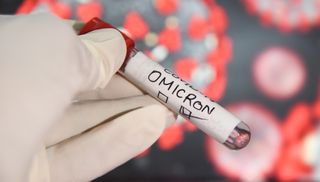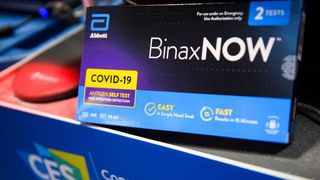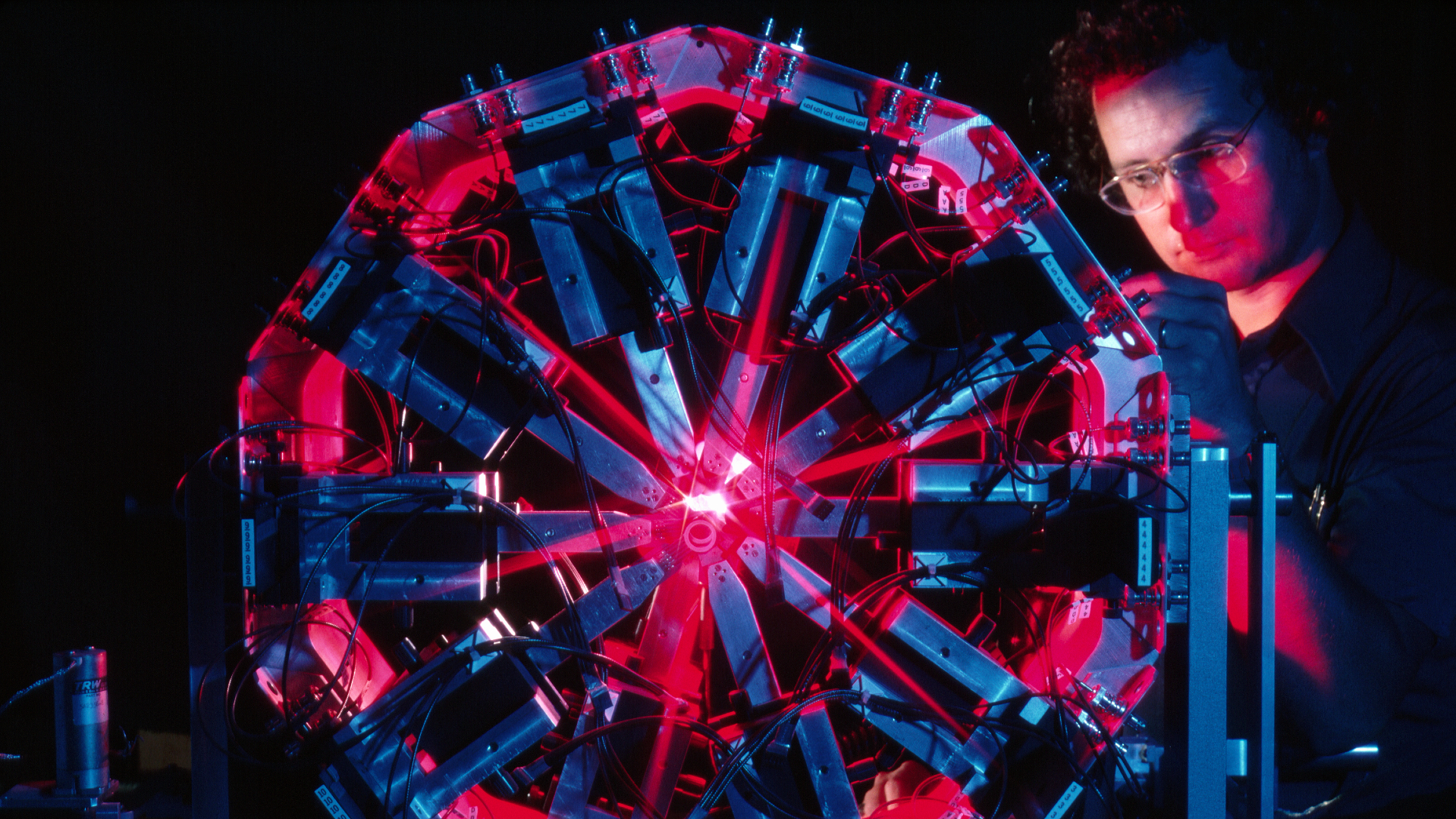Coronavirus
Latest about Coronavirus
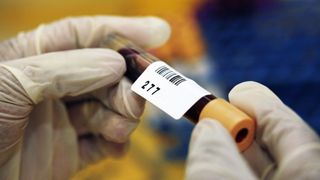
These 4 risk factors may increase your chance of long COVID, study hints
By Nicoletta Lanese published
Several of these factors can be screened for in a patient's blood.
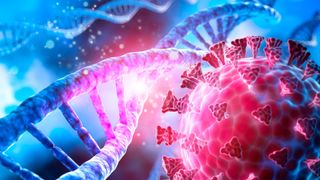
Do other viruses have as many variants as SARS-CoV-2?
By Donavyn Coffey published
Is COVID-19's rapid evolution unusual, or do other viruses have as many variants as this coronavirus?

'Stealth' omicron is in the US. Here's what we know about it.
By Nicoletta Lanese published
Early data hint that the mutant is slightly more transmissible.

Can CBD really prevent COVID-19 infection? Scientists hope to find out.
By Stephanie Pappas published
Cannabidiol (CBD), an active ingredient in cannabis, might help block infection with the virus that causes COVID-19.

Will we need more COVID-19 boosters to end the pandemic?
By Jocelyn Solis-Moreira published
Will the pandemic ever end? And will we need more boosters to enter the endemic phase of transmission?
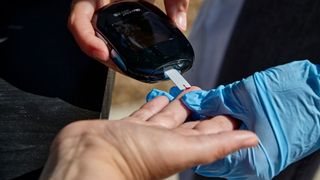
COVID-19 may trigger diabetes by causing fat cells to go haywire
By Nicoletta Lanese published
The coronavirus may cause fat cells to malfunction.

You got omicron. Should you still get a booster?
By Jocelyn Solis-Moreira published
If you've had omicron, should you get a booster, and if so, how long should you wait after the infection has passed?
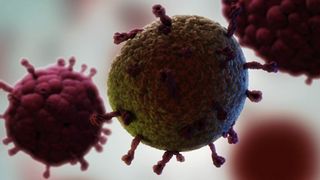
Omicron's not the last variant we'll see. Will the next one be bad?
By Nicoletta Lanese published
It's difficult to predict what combination of traits such a variant might have.
Get the world’s most fascinating discoveries delivered straight to your inbox.
 Live Science Plus
Live Science Plus










